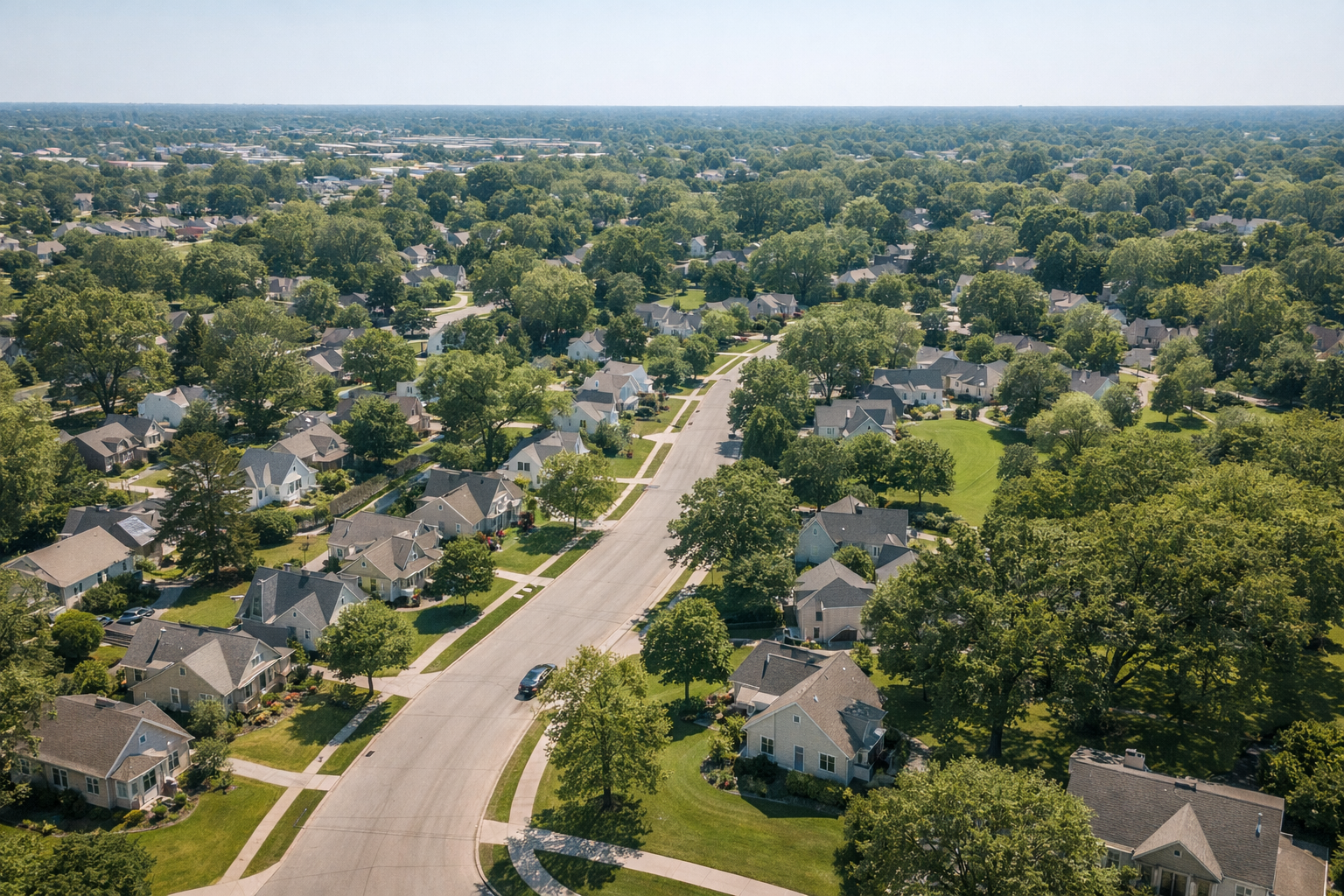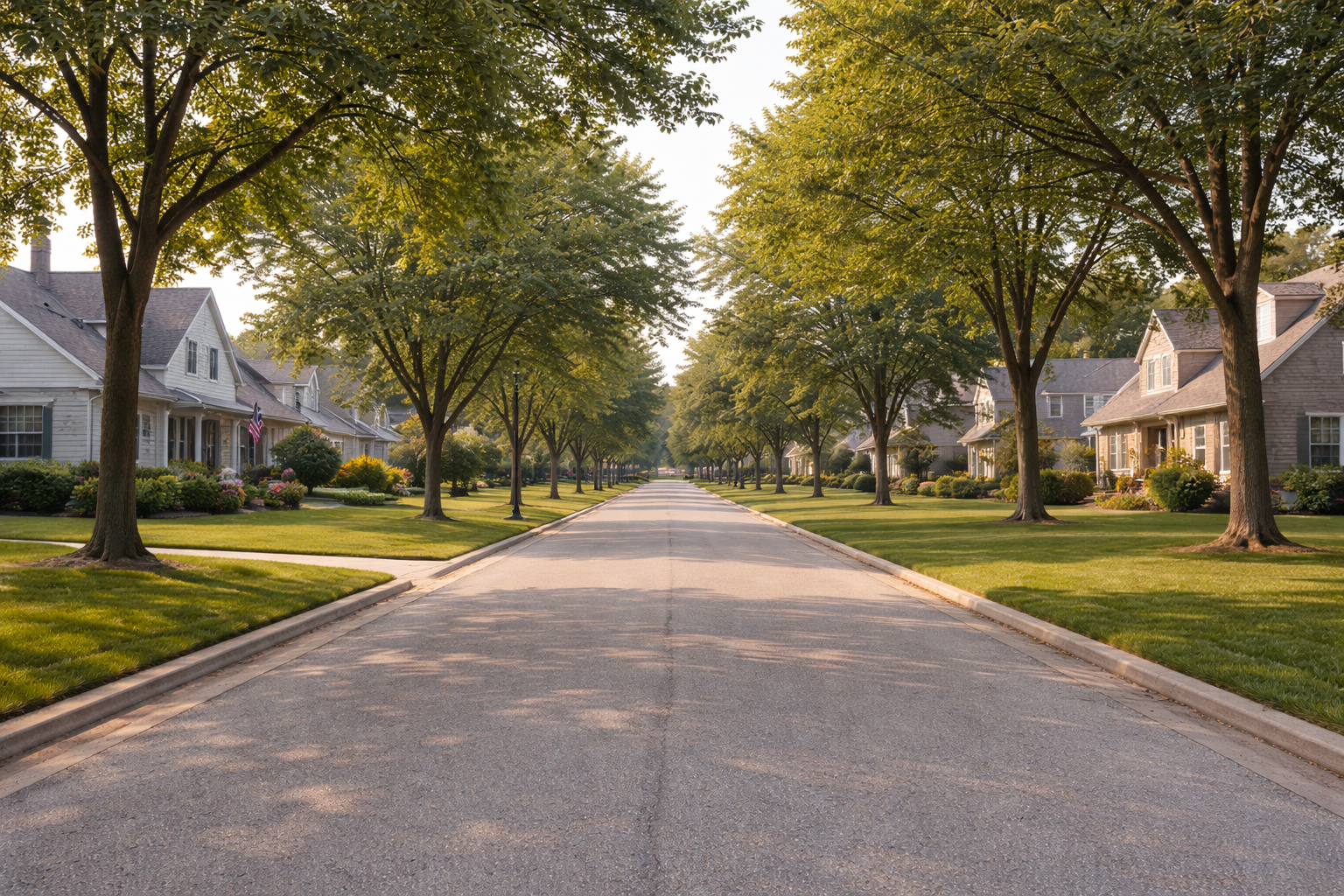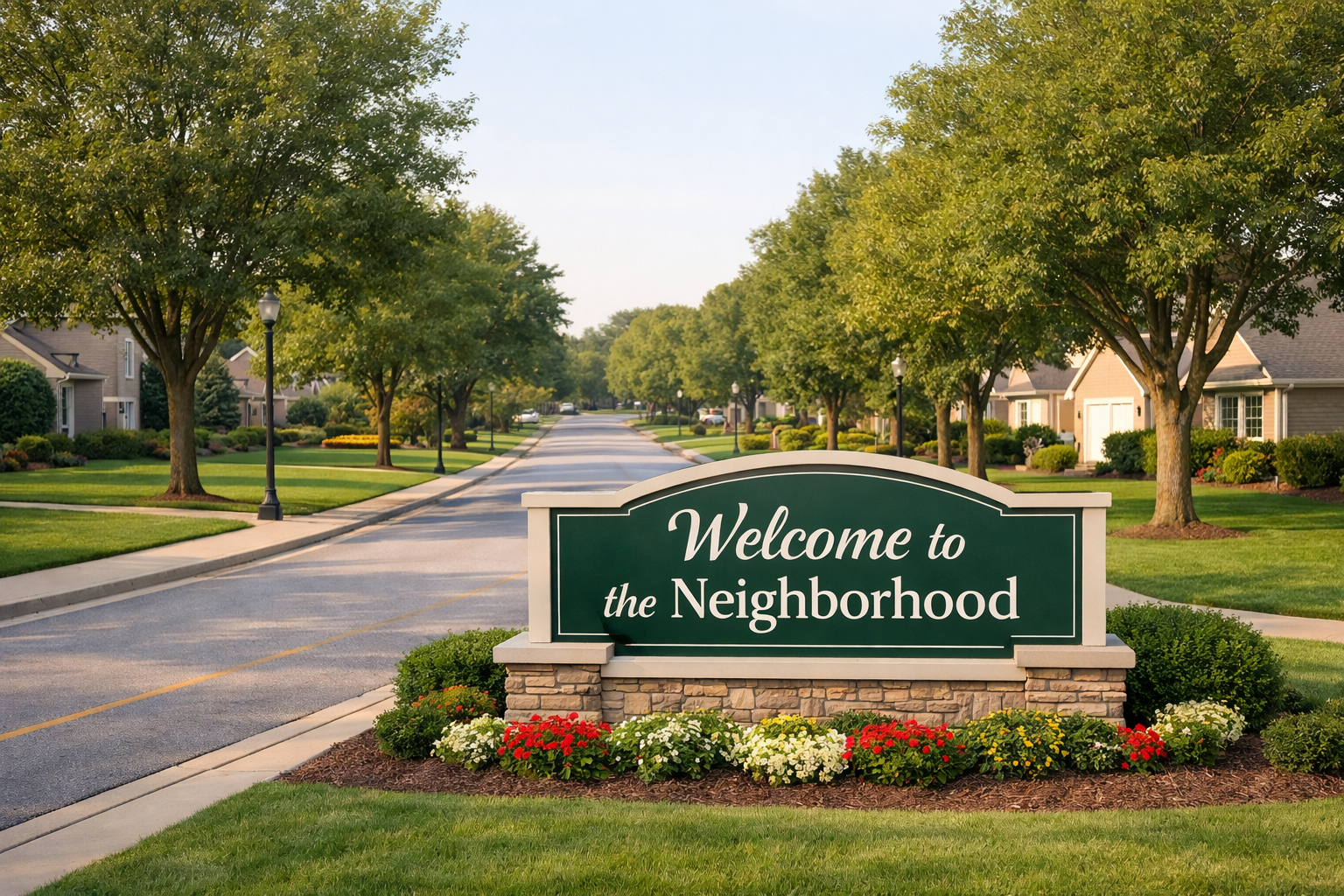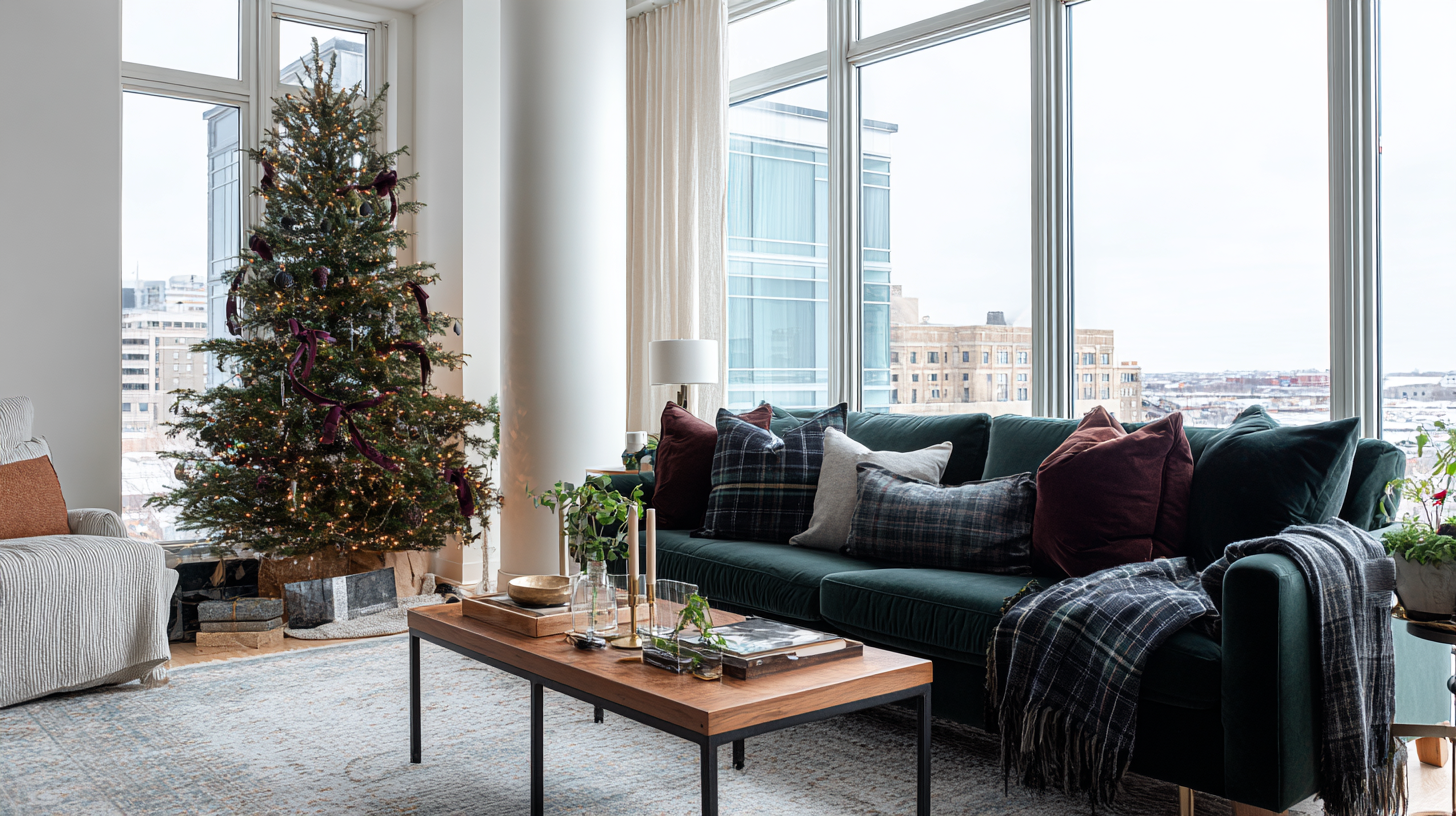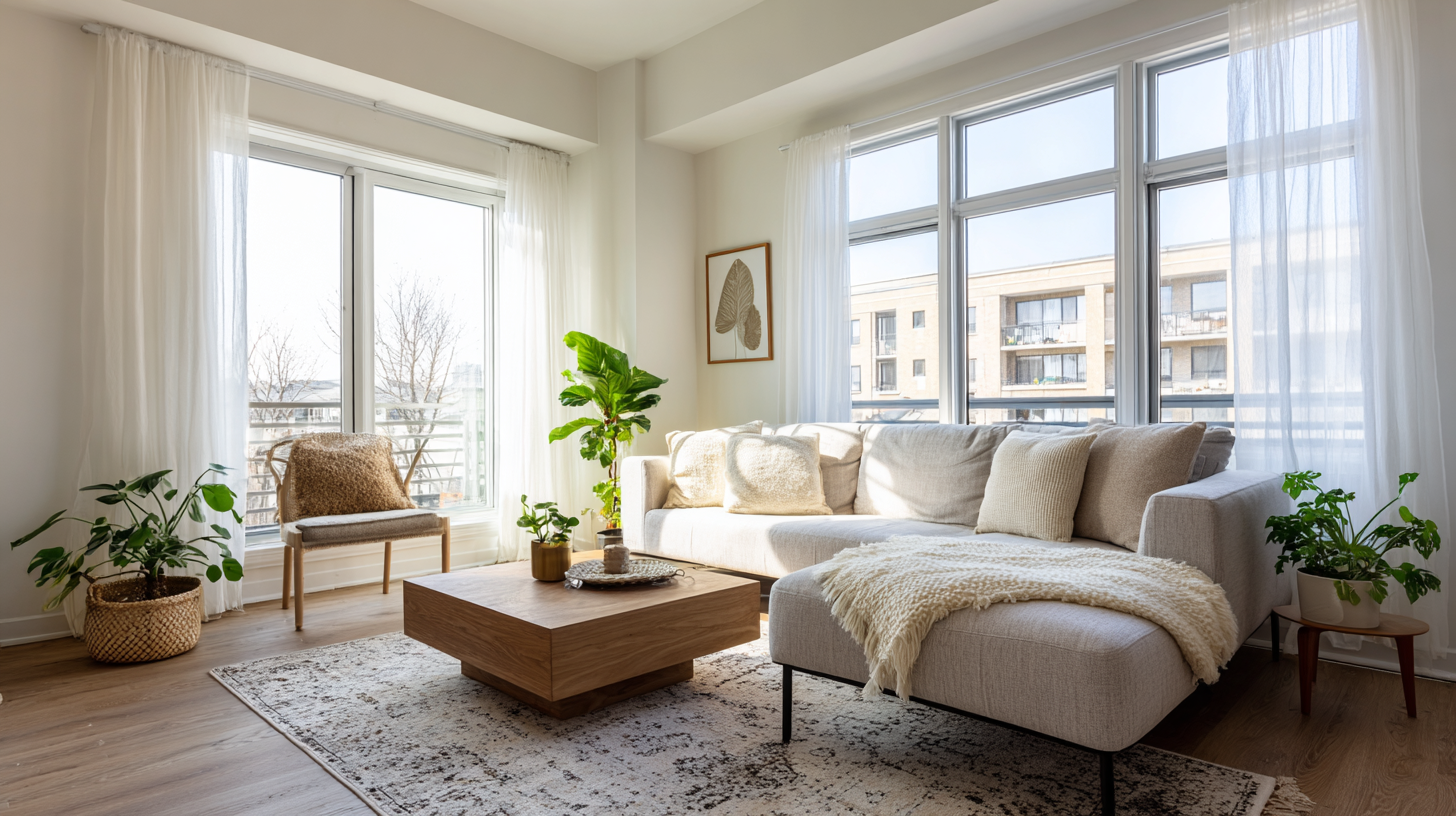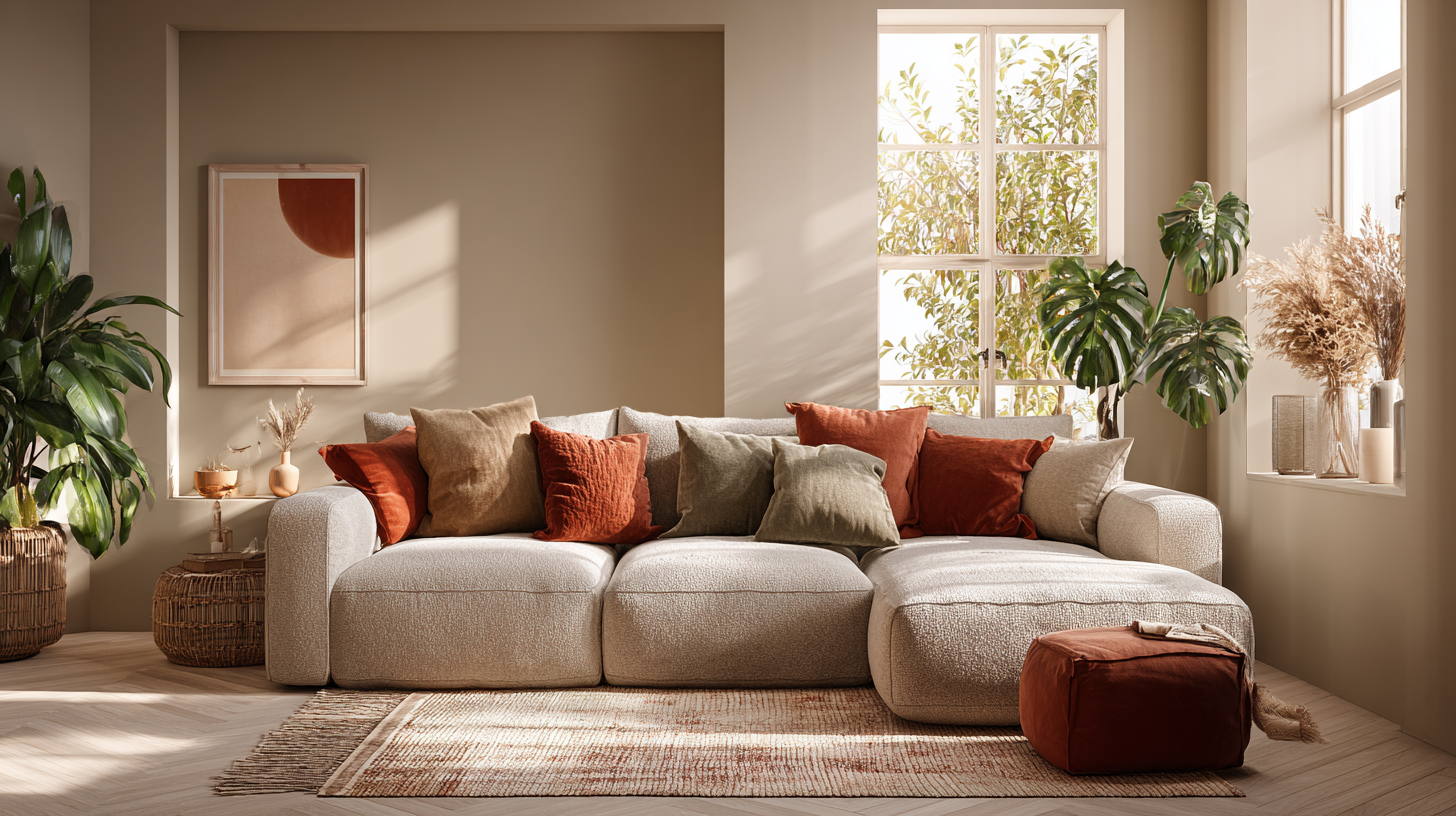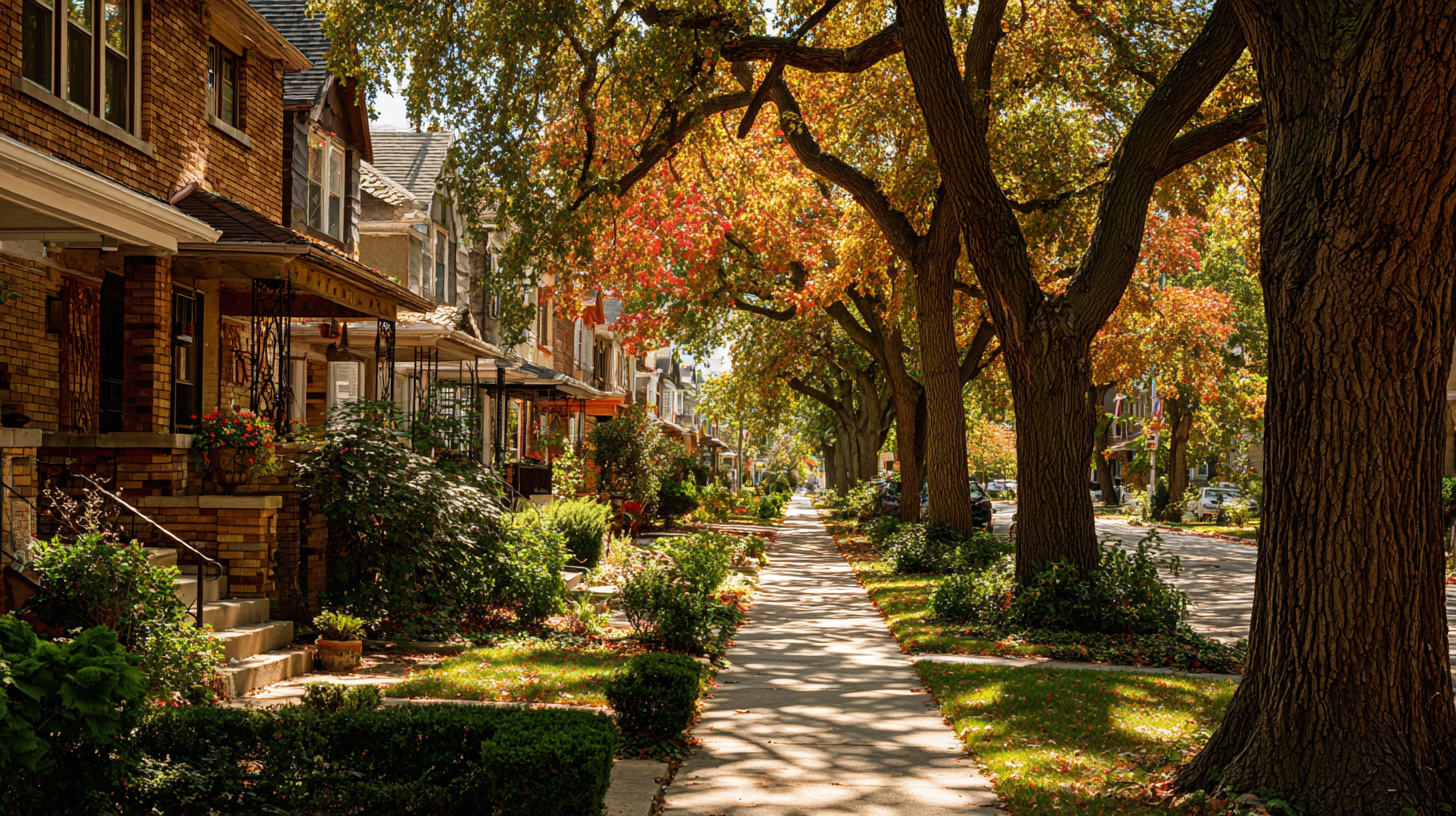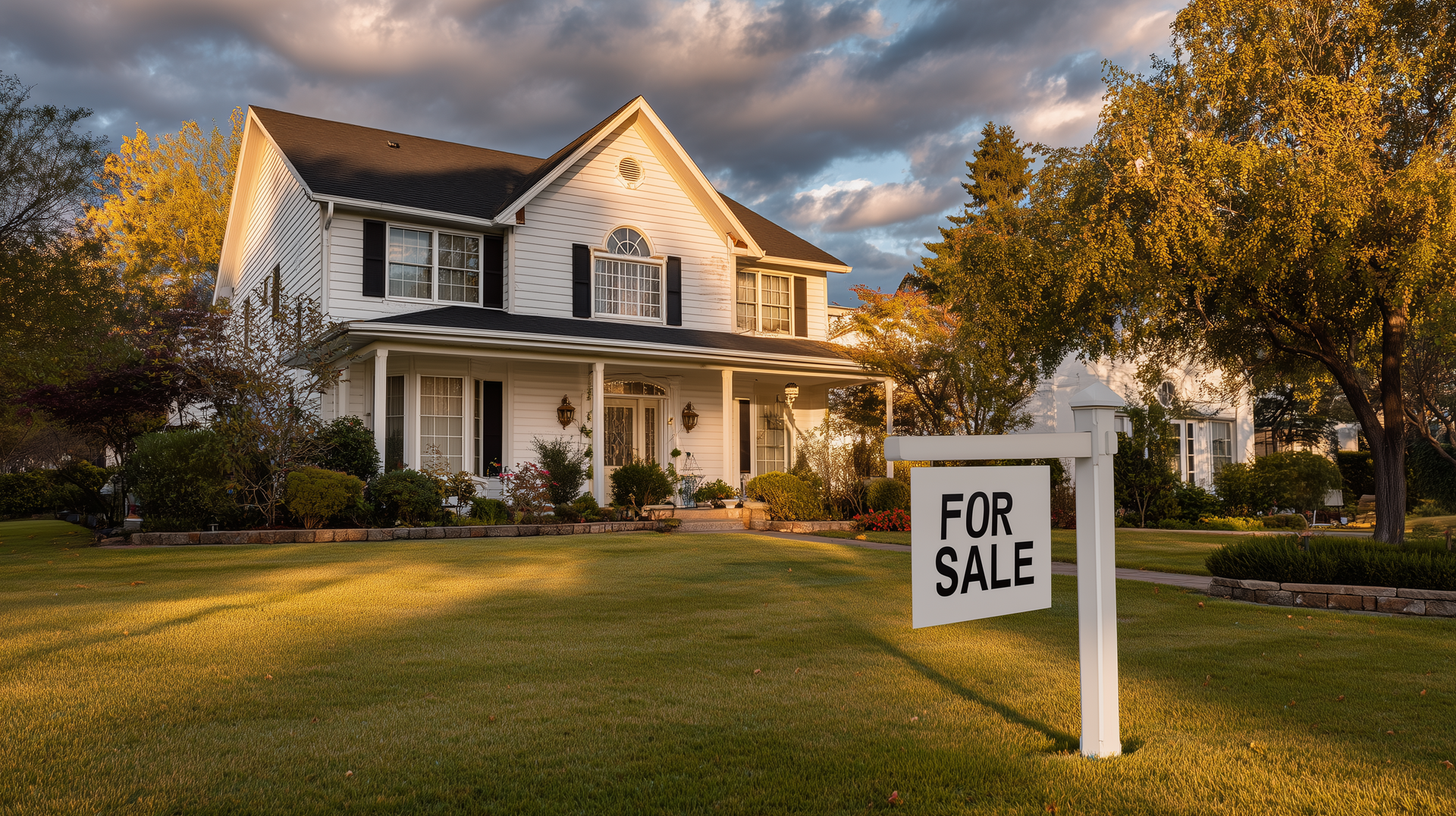Renting vs. Buying a Home: What NOBODY Is Telling You
When deciding whether to rent or buy a home, many people believe that buying is the smarter financial move. They assume that paying off a mortgage gives them ownership in the long run, while renting means throwing money away. But as housing prices continue to rise and mortgage rates remain high, this traditional view may not tell the whole story. In fact, depending on your situation, renting could be a much better option.
In this article, we’ll explore the lesser-known aspects of renting versus buying and provide the pros and cons of each. By the end, you'll have a clearer idea of which is the right choice for you.
What Buying a Home Really Costs
Buying a home is often seen as a solid investment, but there are many hidden costs that most people don’t consider. Beyond the mortgage payment, owning a home involves property taxes, insurance, maintenance, and more. These costs add up quickly, making homeownership much more expensive than it appears at first glance.
1. Down Payment
Most buyers need to put down 10% to 20% of the purchase price to secure a mortgage. For a $400,000 home, that means you’ll need to come up with $40,000 to $80,000 upfront. This is a huge amount of money that could otherwise be invested elsewhere, potentially earning you more than the value of homeownership over time.
2. Mortgage Interest
Mortgage interest rates are currently at their highest levels in over 25 years. With rates hovering around 7%, a significant portion of your monthly mortgage payment goes directly to interest, not toward building equity in your home. For example, if you take out a $360,000 loan for a $400,000 home, you'll pay $2,400 a month just on interest at a 7% rate.
3. Property Taxes
Property taxes are another unavoidable expense. These taxes are based on the assessed value of your home and can range from 0.3% in some states to over 2% in others. In high-tax states like New Jersey, you could be paying upwards of $10,000 annually in property taxes.
4. Home Insurance and Maintenance
Homeowners must also pay for insurance and regular upkeep. According to Bankrate, the average homeowner spends around $1,428 annually on insurance, but for a $400,000 home, this can easily be higher. Then there’s the maintenance cost, which experts recommend budgeting about 1% of the home’s value annually. For a $400,000 home, that’s another $4,000 per year just for repairs and maintenance.
5. Opportunity Cost of a Down Payment
If you invest your down payment in a high-yield savings account or the stock market, it could grow over time. For instance, $40,000 earning a 5% return in a savings account would generate $166 per month in income. Over 15 years, that money could potentially grow to over $80,000.
What Renting Actually Costs
On the flip side, renting doesn’t come with the same hidden costs. Your rent is your only major expense, and in many cases, renting is cheaper than buying, even when you factor in rent increases over time.
1. Renting Is Cheaper in the Short-Term
According to a recent analysis by Redfin, in most U.S. cities, it’s now cheaper to rent a similar property than to buy one. For example, the monthly cost of owning a home in places like San Francisco or New York is significantly higher than renting a comparable home. Renting a $400,000 home may cost you $2,100 per month, compared to over $3,600 for buying the same home when you add in all the associated costs of ownership.
2. No Property Taxes or Maintenance Costs
When you rent, your landlord is responsible for property taxes, maintenance, and repairs. That means fewer financial surprises for you. Your rent is a fixed cost, allowing you to budget more effectively.
3. Flexibility
Renting offers greater flexibility. If your job changes or your family grows, it’s much easier to move. You’re not tied down by a mortgage, and you avoid the 5% to 6% realtor commissions and other fees associated with selling a home. For those who value mobility, renting is often the better option.
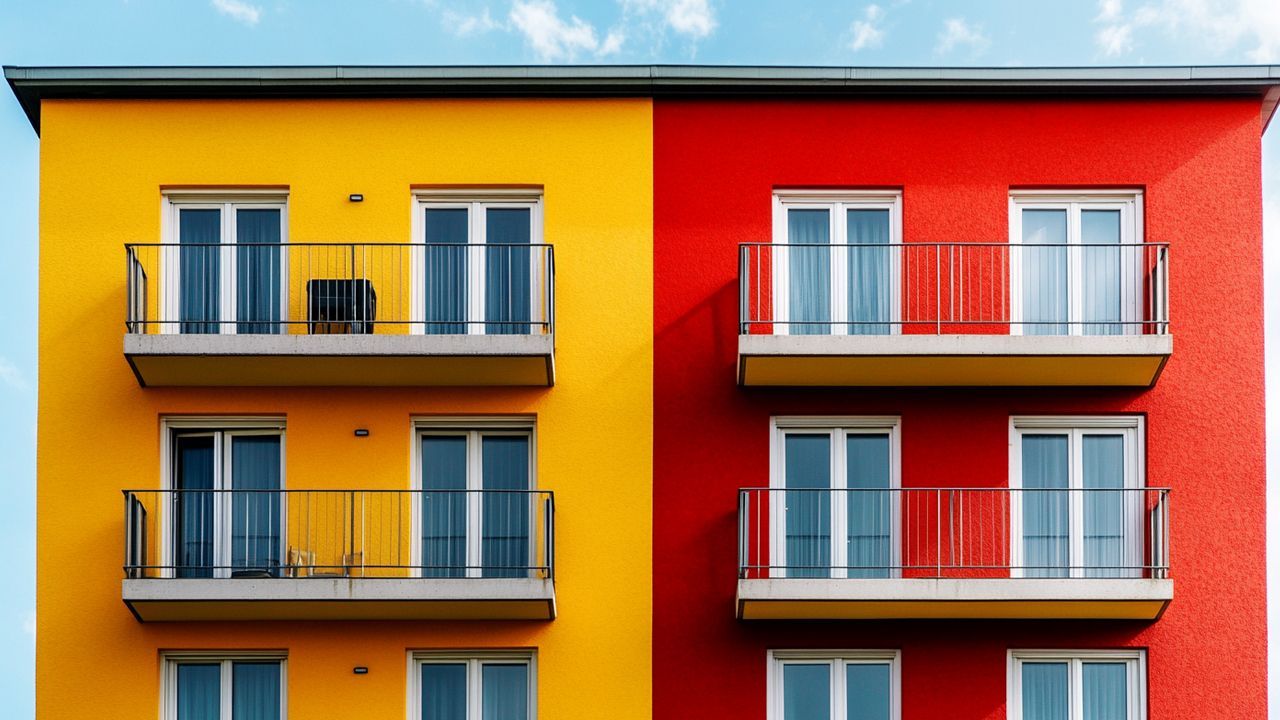
The Long-Term View: Renting vs. Buying
Over time, the benefits of owning a home can become more apparent. However, this is typically only true if you plan to stay in the same home for a decade or more. If you’re unsure about where you want to live long-term, renting can offer more financial flexibility.
1. Renting and Investing the Difference
One of the strongest arguments for renting is the opportunity to invest the money you would have spent on a down payment and the difference between rent and a mortgage. If you rent for $2,100 a month and invest the $1,500 difference between that and the $3,600 you’d spend owning, you could save a substantial amount. Over 15 years, assuming a 7% annual return, that money could grow to over $600,000.
2. Appreciation and Home Equity
Of course, one advantage of buying a home is building equity as you pay down your mortgage. Over 30 years, you’ll own your home outright and won’t have any rent or mortgage payments to make. But in the first 10 to 15 years, most of your mortgage payments go toward interest rather than principal, so it can take a long time to build up equity.
3. Renting Offers Flexibility and Freedom
If you’re someone who values the flexibility of moving for career opportunities or lifestyle changes, renting allows you to do that with minimal hassle. You won’t be tied down by a 30-year mortgage or have to deal with the costs of selling your home.
Common Myths About Buying
There are several misconceptions about homeownership that can make buying seem like the better option when it’s not always the case.
1. "Renting Is Throwing Money Away"
While it’s true that rent doesn’t build equity, you aren’t “throwing money away.” Renting offers flexibility, and when it’s cheaper than buying, the savings can be significant.
2. "Real Estate Always Appreciates"
Home values do tend to rise over time, but this is not guaranteed. If you buy in a market bubble or have to sell unexpectedly, you could lose money on your investment.
3. "You’ll Own It After 30 Years"
While owning a home outright is a long-term goal for many, most people move within 13 years, meaning they may never fully own the home before selling it.
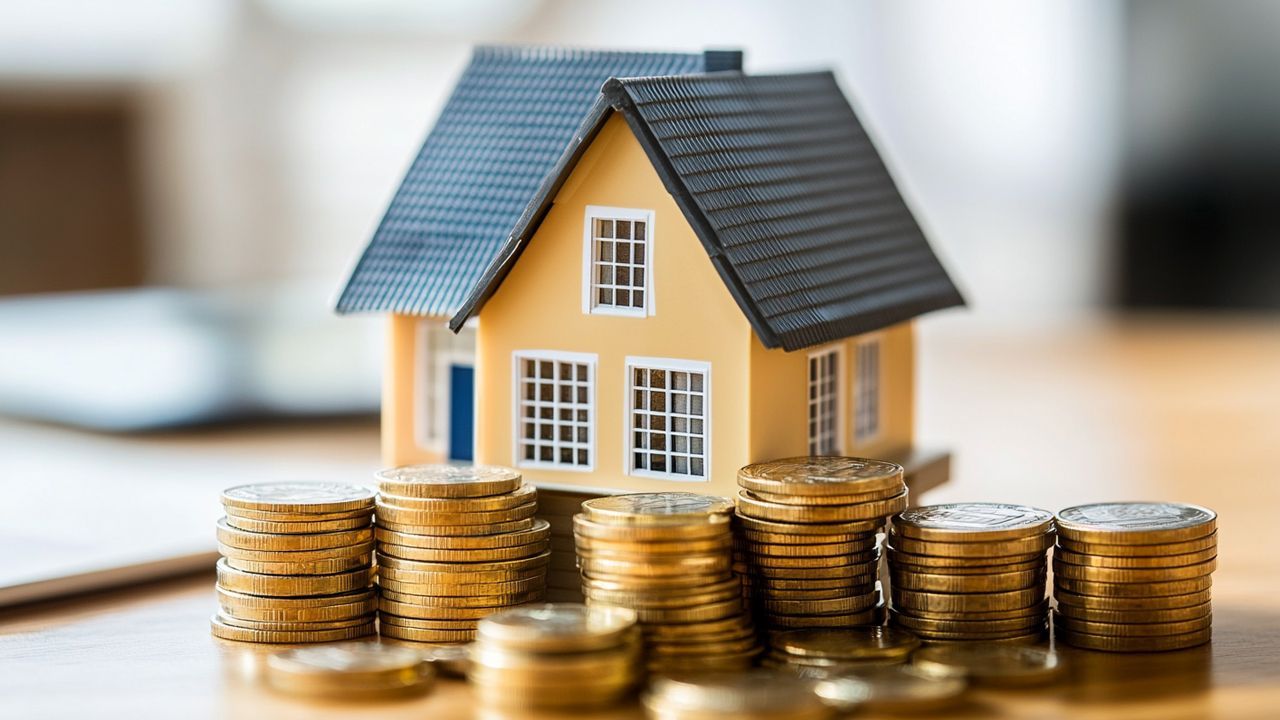
Final Thoughts: Renting vs. Buying – What’s Best for You?
At the end of the day, whether to rent or buy depends on your personal circumstances. If you plan to stay in a home for 10 to 15 years or more, buying could make sense. But in today’s housing market, where mortgage rates are high and home prices are rising, renting may offer more financial flexibility and fewer hidden costs.
If you’re looking for rental properties in Milwaukee, Enigma Properties offers a wide range of apartments across the city to fit your lifestyle and budget. Explore the best neighborhoods and find the perfect place to call home. Be sure to check out our latest article, "Renting vs Buying in Milwaukee 2024: An Enigma Properties Guide," to dive deeper into the local real estate market and make the best decision for your future.
